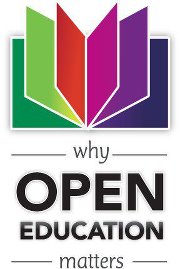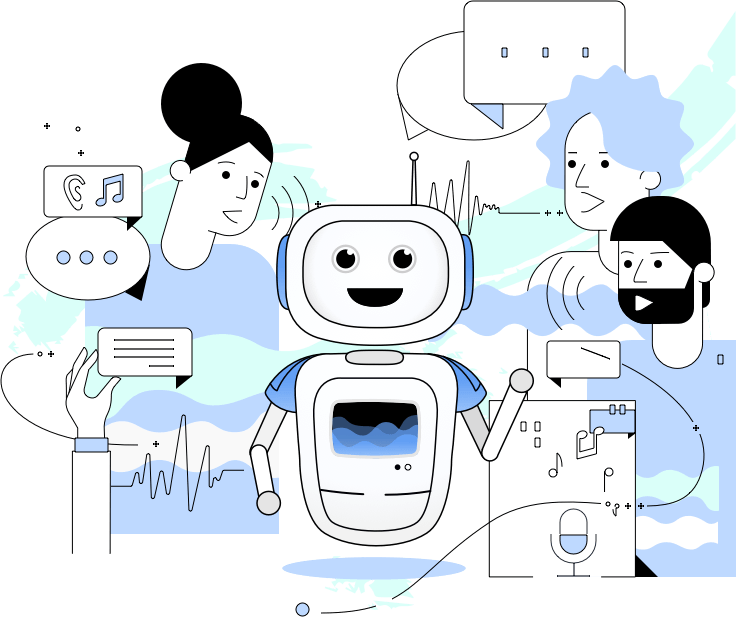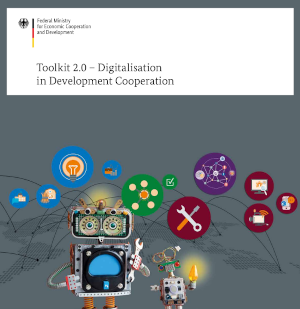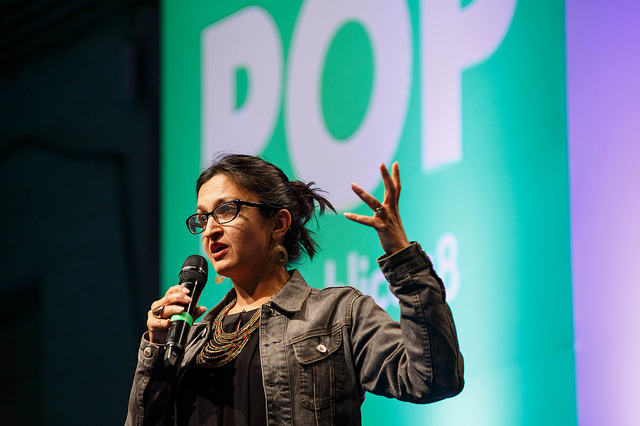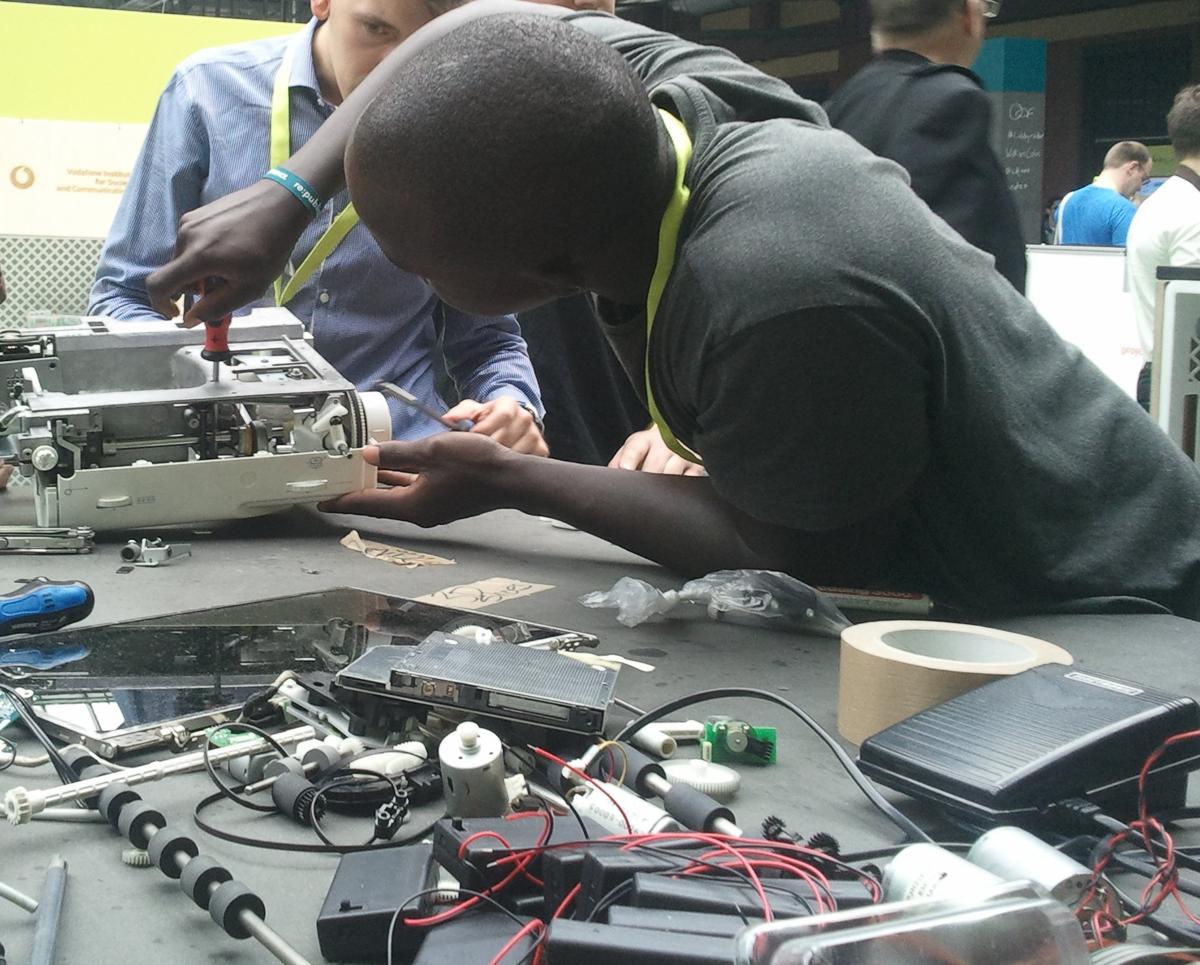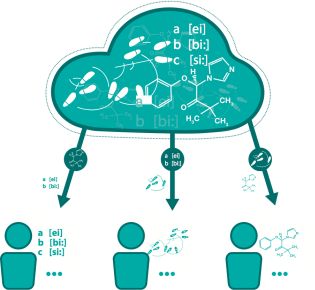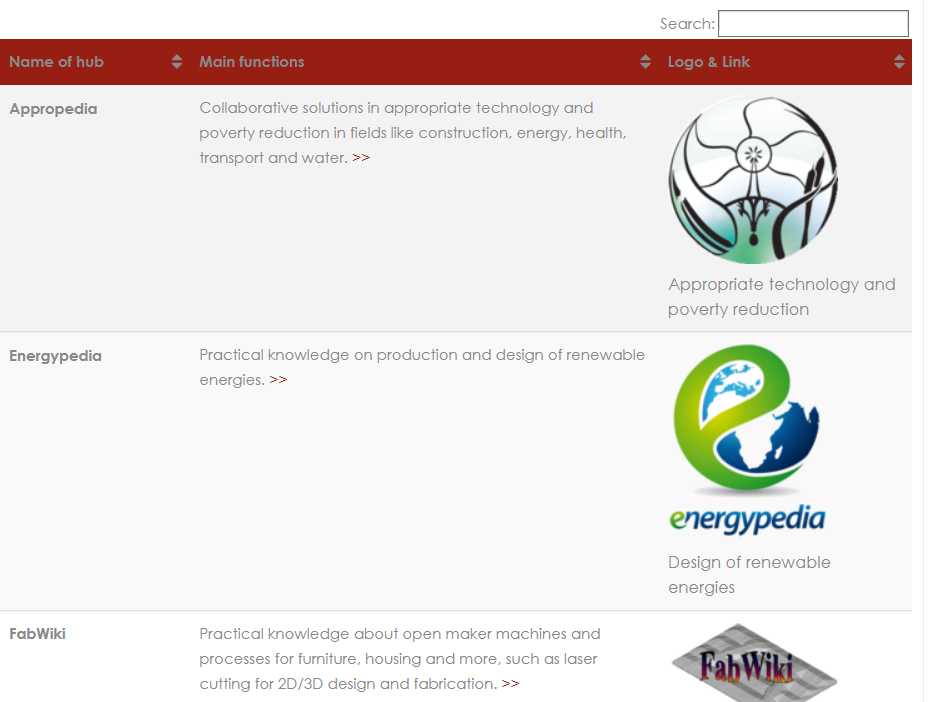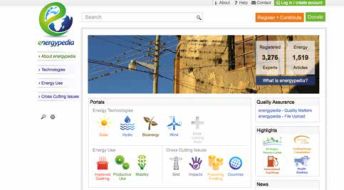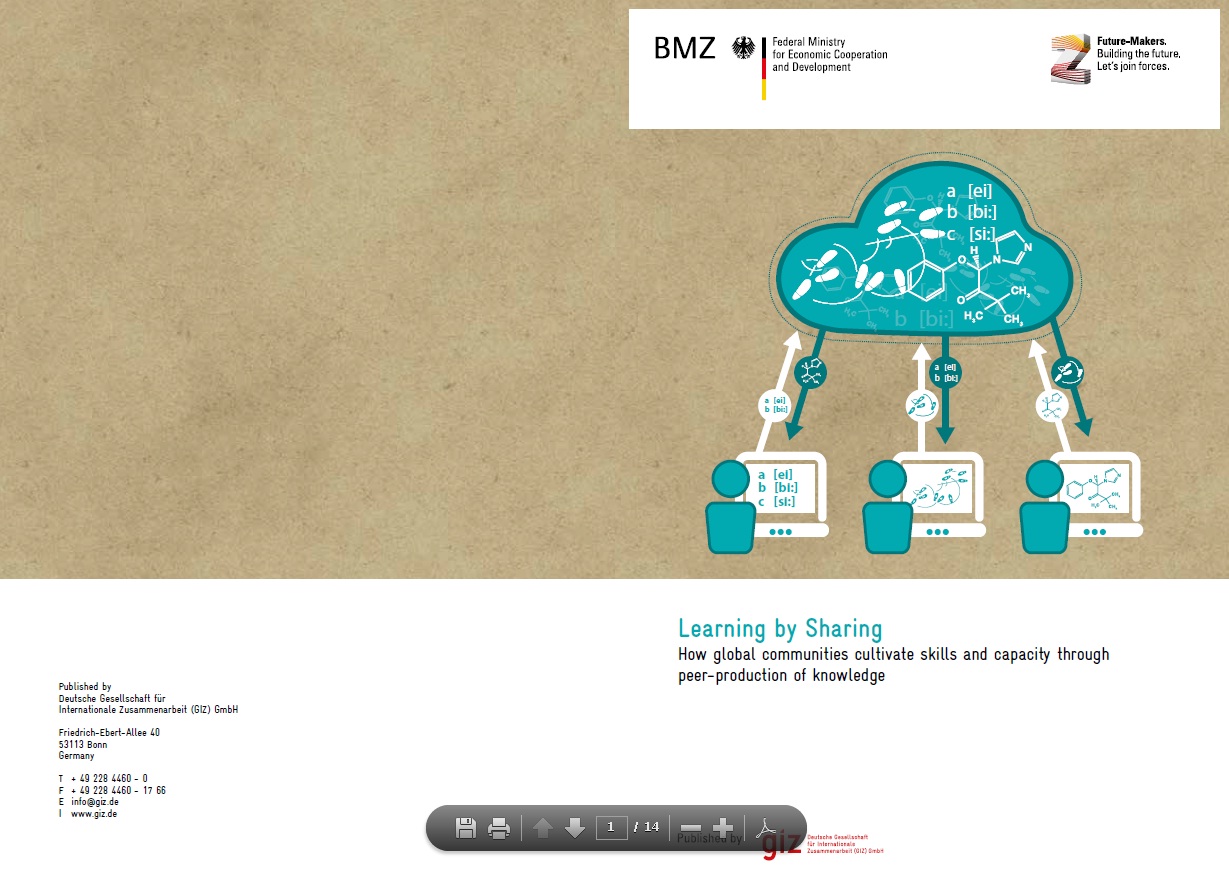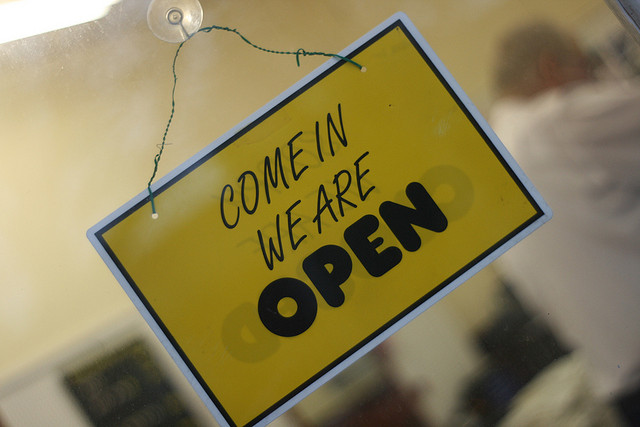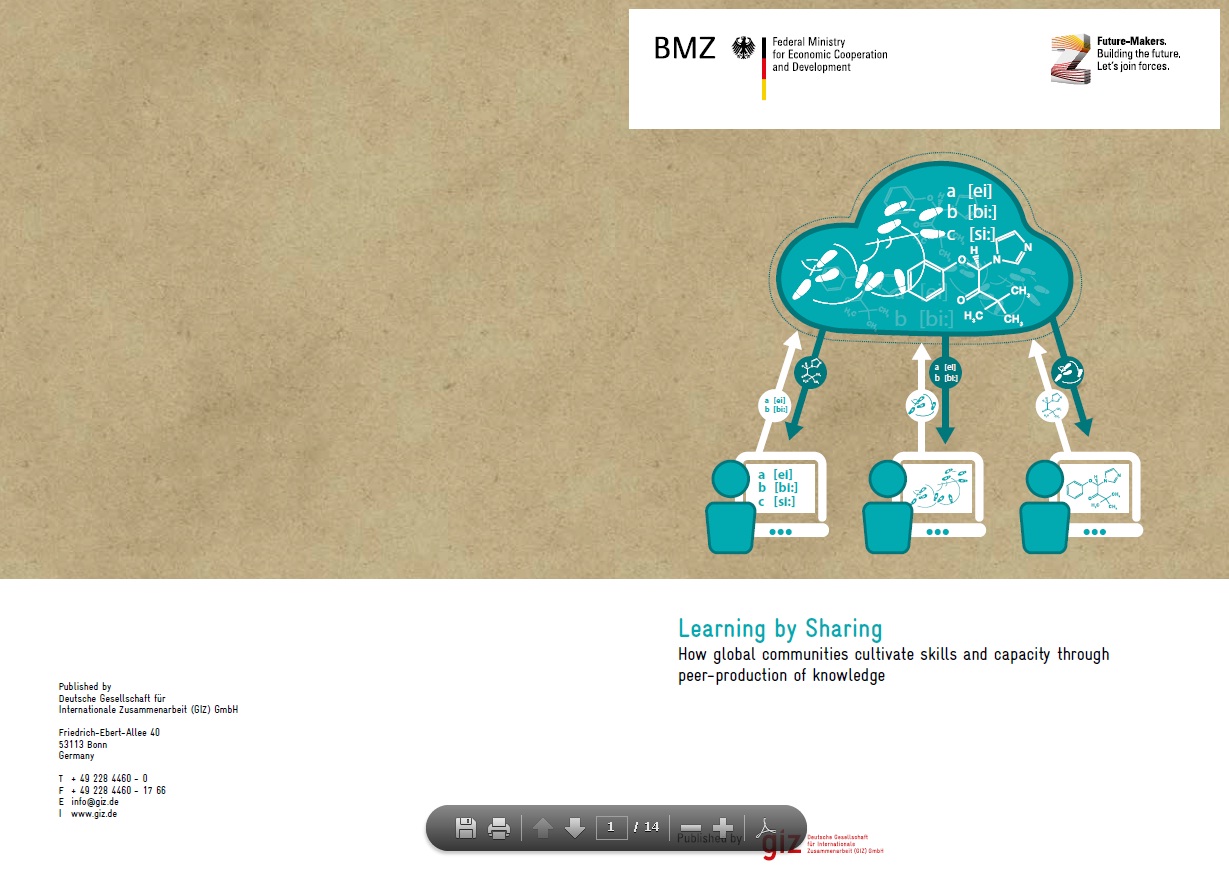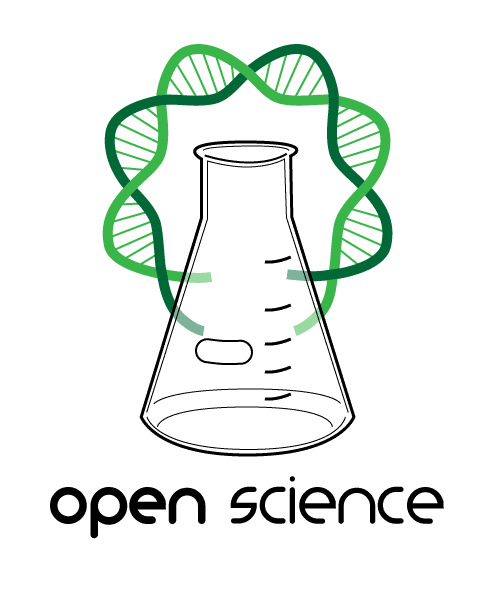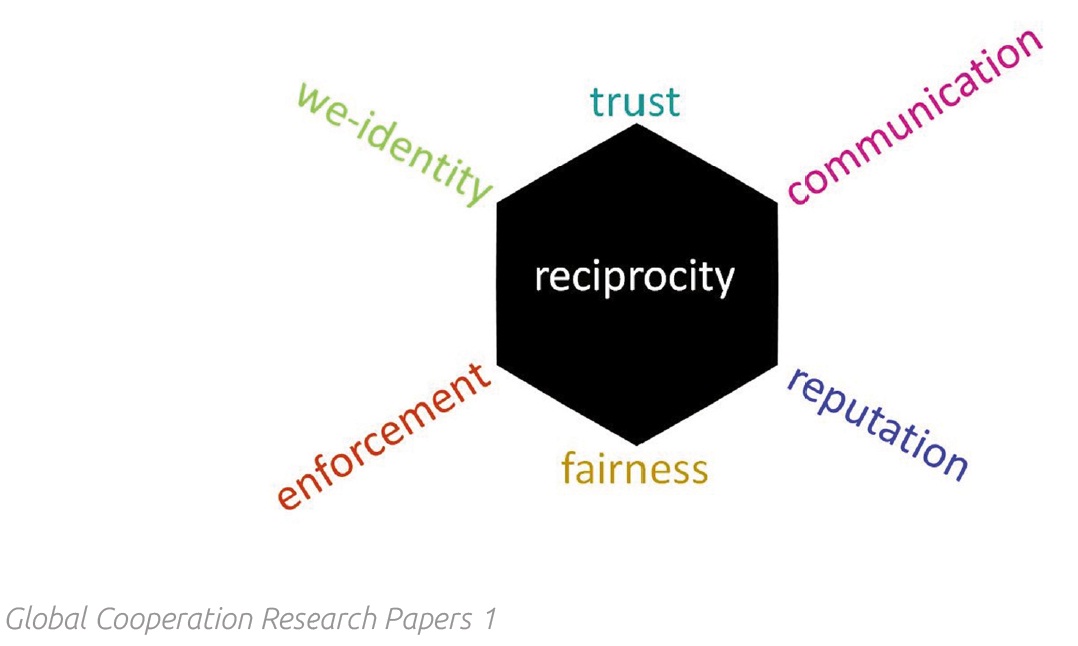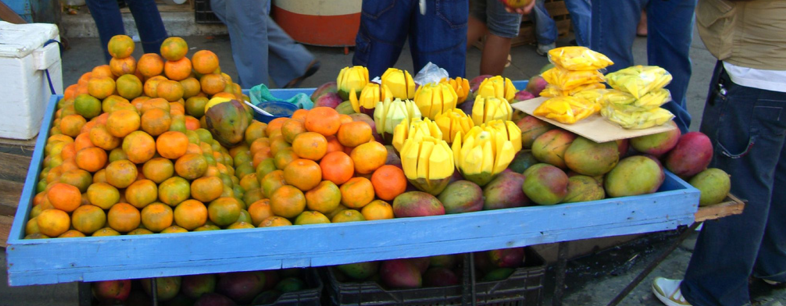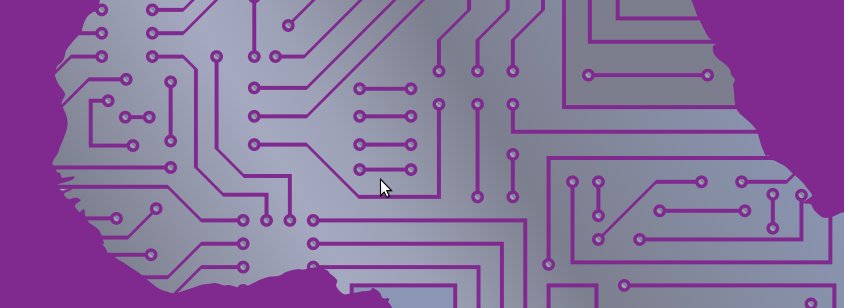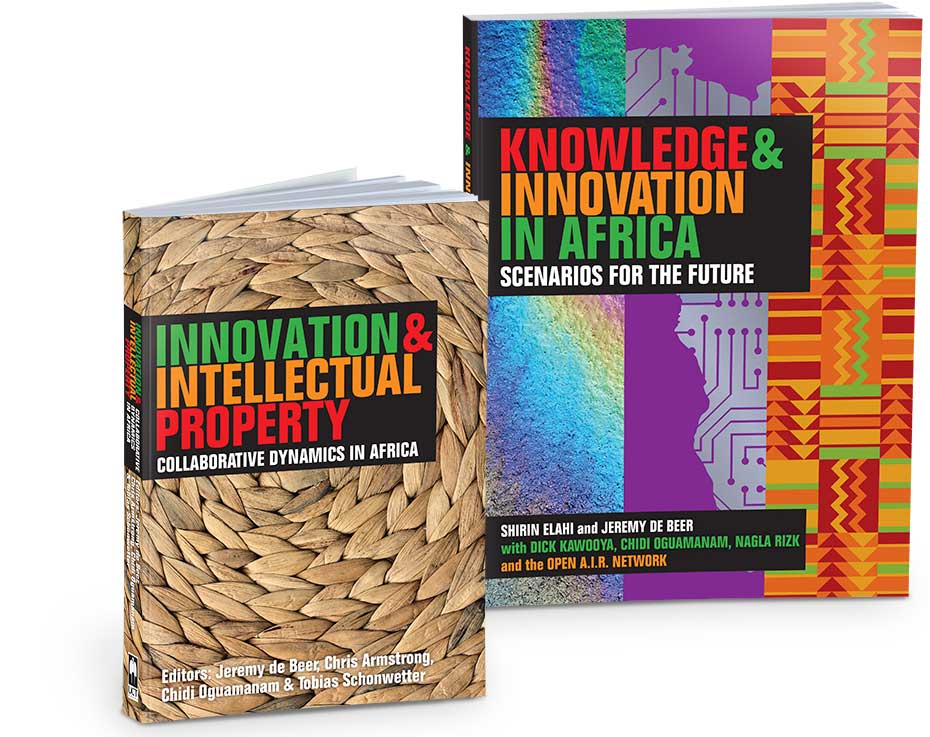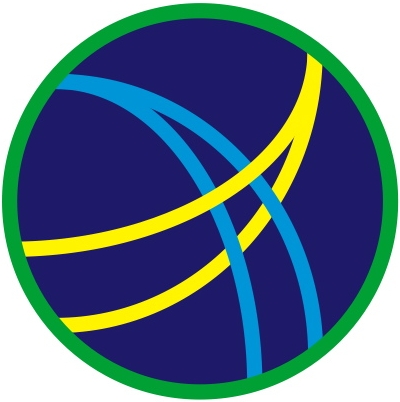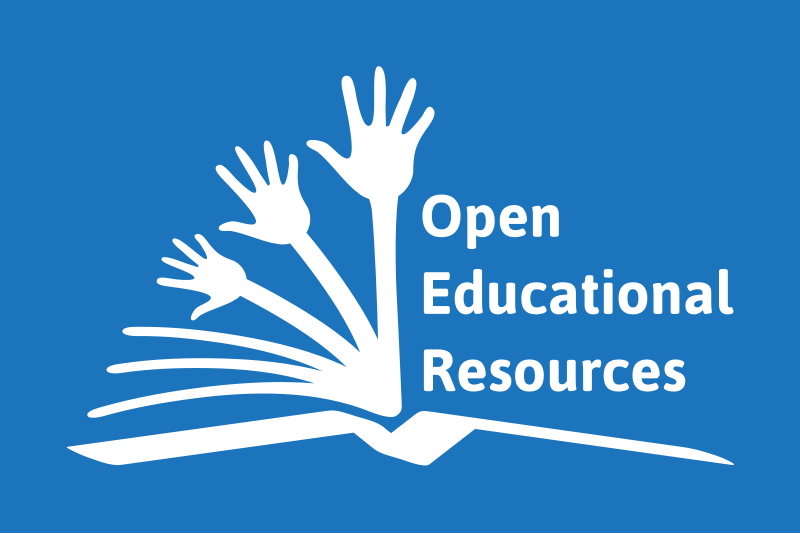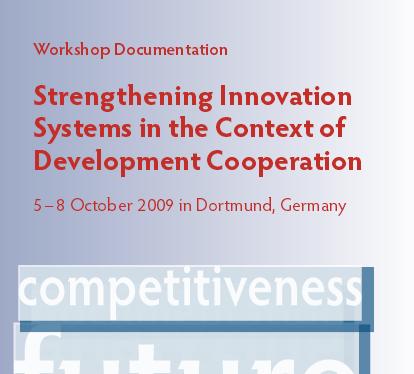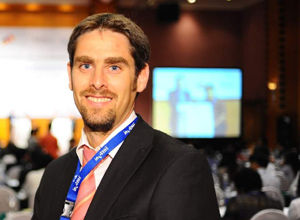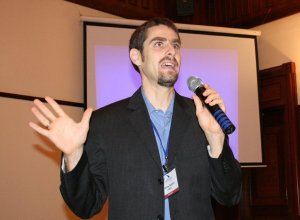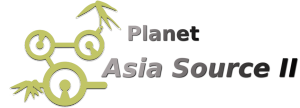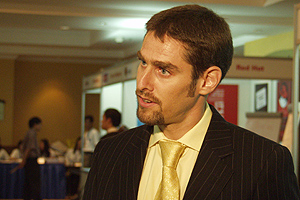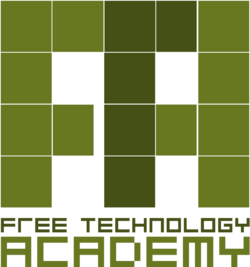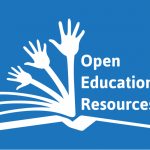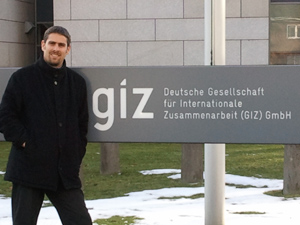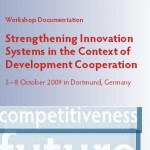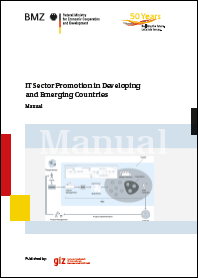 Just released: an IT sector promotion manual and toolbox with many examples and tools pertaining to OpenIT@giz – Open Innovation for Development such as capacity building, open innovation methods, training-of-trainer networks in IT, Open Source etc. Check it out! BTW: It is drawing on the ict@innovation programme and other programmes described here). And for archival reasons, please find below the reprint of the news item published on the German ICT4D Blog.
Just released: an IT sector promotion manual and toolbox with many examples and tools pertaining to OpenIT@giz – Open Innovation for Development such as capacity building, open innovation methods, training-of-trainer networks in IT, Open Source etc. Check it out! BTW: It is drawing on the ict@innovation programme and other programmes described here). And for archival reasons, please find below the reprint of the news item published on the German ICT4D Blog.
The Sector Project ICT4D on behalf of BMZ and with the support of GIZ’s ict@innovation team has just released it’s IT Sector Promotion Toolbox. The Toolbox, together with its explanatory Manual, introduces a methodology and a set of practical tools to promote the IT industry in developing and emerging countries. Relying on German Development Cooperation’s instruments and project experience, the Manual and the Toolbox provide a strategic “roadmap” for IT sector promotion which can be flexibly adapted to accommodate future changes in resources, global markets and technologies. They have primarily been designed for the staff of ministries and agencies involved in economic development, for managers and staff members of IT clusters, associations, networks, communities of practice and chambers of commerce. They should serve as orientation for staff of donor organisations involved in private sector development, economic development, and employment promotion as well as in information and communication technologies for development (ICT4D)/development informatics.
The Manual and the Toolbox could be found on this blog as topic 7 of the course section. They were also available at the “IT Sector Promotion Tools” page of the German ICT4D Blog..
